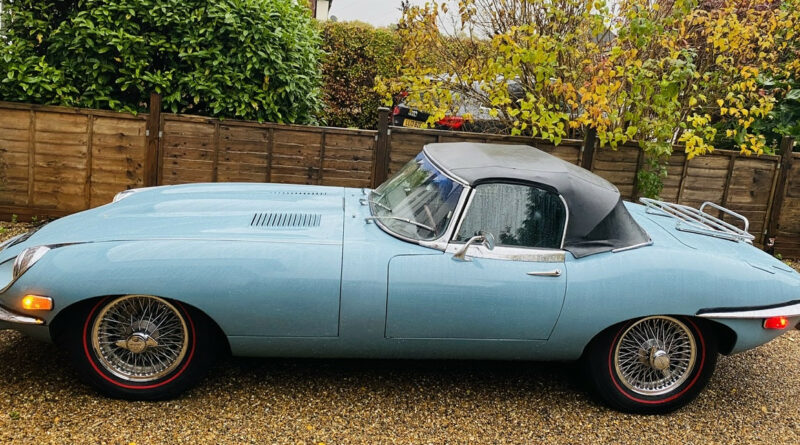A Guide to Buying a Classic Car
Here’s a comprehensive guide to help you navigate the process of purchasing a classic car. Owning a classic car is a dream for many automotive enthusiasts. Whether it’s a vintage muscle car, a timeless roadster, or a retro luxury sedan, acquiring a classic automobile can be a rewarding experience. However, buying a classic car requires careful consideration and attention to detail to ensure you make the right choice. Remember classic car market is overpriced around the world and all cars rarely in good condition and not as described by sellers.
1. Determine Your Budget
Before you begin your search for a classic car, it’s essential to establish a budget. Consider not only the purchase price of the vehicle but also any potential restoration or maintenance costs. Keep in mind that classic cars often require ongoing care and attention, so budget accordingly. Buying something average or anything above 25years old requires a lot of money just to keep up with basic age related deterioration and improvements. Make sure you always have emergency fund of £2000 for any unplanned expenses. If you don’t have that don’t consider one even buying. It’s like owning a supercar just opposite of maintenance costs you have have breakdown costs and constant repair issues and it never ends unless fully restored to original glory.
2. Research Different Makes and Models
Classic cars come in a wide range of makes, models, and eras, each with its own unique characteristics and appeal. Take the time to research different types of classic cars to determine which ones align with your preferences, interests, and budget. Consider factors such as rarity, reliability, and potential for appreciation in value.
3. Decide on the Condition
Classic cars are available in various conditions, ranging from fully restored showpieces to project cars in need of extensive work. Decide whether you’re looking for a turn-key classic car ready to drive or if you’re willing to take on a restoration project. Be realistic about your abilities, resources, and time commitment when choosing the condition of the car. It’s vital to understand what you will be doing with that vehicle is it for investment; just for fun, or restoration to its original glory.
4. Inspect the Vehicle Thoroughly
When evaluating a classic car, conduct a comprehensive inspection to assess its condition and identify any potential issues. Look for signs of rust, corrosion, mechanical problems, and structural damage. Inspect the exterior, interior, engine, suspension, and chassis carefully, and consider hiring a professional mechanic or inspector for a more thorough assessment.
5. Verify the Vehicle’s History
Obtain as much information as possible about the vehicle’s history, including its ownership, maintenance records, and any previous restoration work. Verify the authenticity of the vehicle’s identification numbers and documentation to ensure it matches the car’s history and specifications.
6. Negotiate the Purchase Price
Once you’ve found a classic car that meets your criteria, negotiate the purchase price with the seller only after vehicles inspection otherwise you don’t know what are you negotiating about as you don’t know the actual condition of the vehicle. Consider factors such as the condition of the vehicle, its rarity, market demand, and any additional costs associated with the purchase. Be prepared to walk away if the seller is unwilling to negotiate or if the terms of the deal are unfavourable.
7. Complete the Transaction
Before finalizing the purchase, ensure that all necessary paperwork is in order, including the title, bill of sale, and any transfer documents required by your state or country. Arrange for payment using a secure method such as a cashier’s check or wire transfer, and obtain insurance coverage for the vehicle before driving it off the lot.
By following these steps and exercising due diligence, you can navigate the process of buying a classic car with confidence and enjoy the timeless appeal of vintage automotive craftsmanship for years to come. Windscreen issues.
Buying a used VW. Buying used vauxhall, BMW, Jaguar, Ford, Volvo, Range rover, Bentley, Aston Martin, Porsche, Ferrari, Lamborghini, Maserati, Hyundai, Tesla, Honda, Pagani

